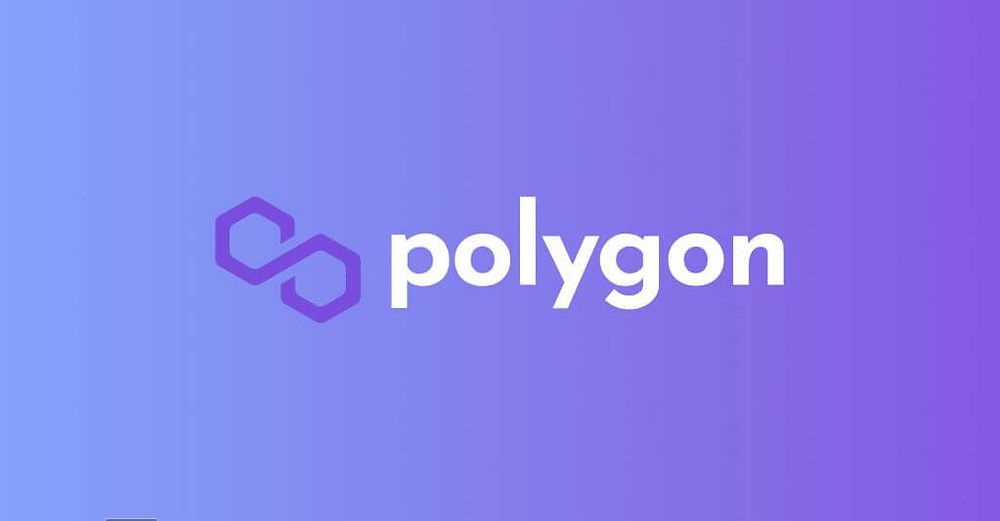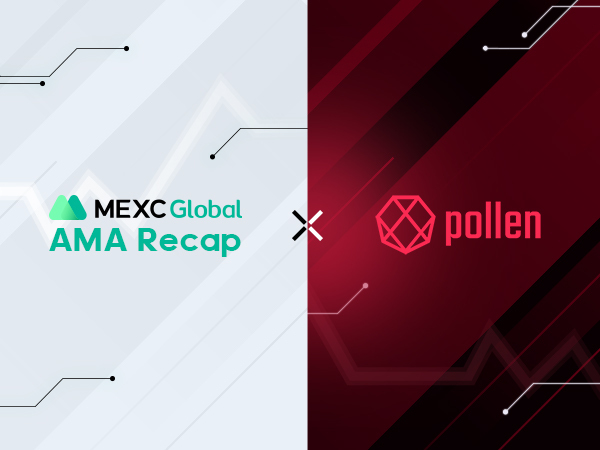- Polygon’s quick growth in DeFi is mainly explained by its approach to solutions for high-frequency fees.
- With its Proof-of-Stake consensus algorithm, the platform’s transactions are faster and less expensive than those of Ethereum Main Net.
- Polygon is constantly expanding its ecosystem and has already become a pioneer in terms of offering definite scalability.

Polygon (POL) has rapidly grown within the decentralized finance (DeFi) space mainly because of the solution that it offers – scalability. With the growth of DeFi comes the increased need for solutions that are both optimally functional and capable of managing a high throughput of transactions while avoiding exorbitant fees and slow transaction processing times that Ethereum has been known to suffer in the past.
The Scalability Advantage
Another primary asset in driving Polygon’s success is how scalable the solutions are. Polygon employs a proof of stake consensus algorithm, which provides the blockchain a chance to process transactions much faster and at a lower cost than the Ethereum mainnet. Thus, Polygon has gathered numerous prominent DeFi applications and developers who want to work within a better environment with lower latency issues.
Scalability is relevant because, with the development of the DeFi sphere, the number of transactions increases shortly. If there is no scalable solution, the networks start to clog with transactions, and the processing speeds drastically drop, with costs skyrocketing through the roof for the transactions. These problems, however, do not apply to Polygon as its infrastructure facilitates better, faster, and cheaper transactions – which is always the key to the DeFi projects’ success.
Defi Growth on Polygon and Its Future Outlook
Polygon’s growth in DeFi is directly proportional to the regularity with which more dApps are either moving over to the Polygon network or being newly developed for the network. Thus, Polygon evolved as a much more affordable and high transaction throughput platform needed to replace Ethereum due to its scalability issues.
A good percentage of the current DeFi projects, including Aave, SushiSwap, Curve, and many others. They are either beginning to adopt Polygon or have already migrated from other platforms, making Polygon’s ecosystem very solid.
When remaining issues that may threaten the long-term viability of DeFi applications will always be the issue that grabs the headlines, scalability will still be a core problem for the DeFi space. Polygon has made himself relevant within the DeFi galaxy by avowing a specific path to delivering scaling solutions.
As other layer-2 solutions continue to develop, Polygon’s initial success in creating a significant and vibrant DeFi community could become the standard for decentralized finance. Lastly, there is no doubt that scalability is the secret behind the success of Polygon in the DeFi sector. As the demand for affordable and high-speed transactions rises, Polygon’s importance to the industry will expand further.
Personal Note From MEXC Team
Check out our MEXC trading page and find out what we have to offer! There are also a ton of interesting articles to get you up to speed with the crypto world. Lastly, join our MEXC Creators project and share your opinion about everything crypto! Happy trading! Learn about interoperability now!
Join MEXC and Get up to $10,000 Bonus!
Sign Up


